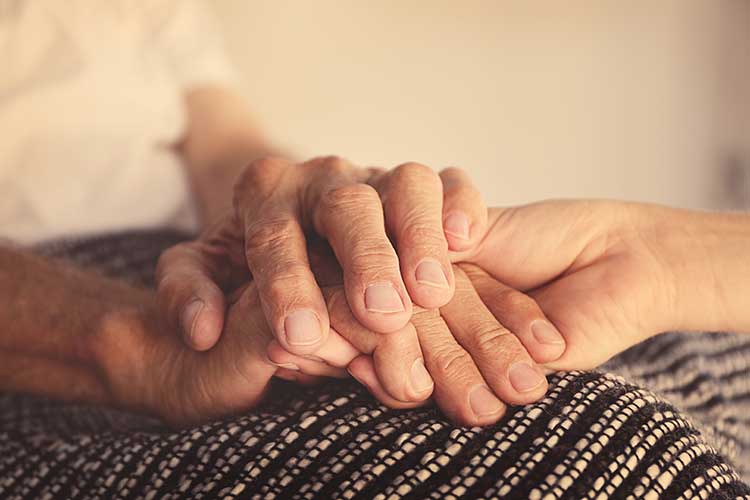Hospice care provides a range of services to patients with a life-limiting illness and their families. Here, we take a look at What exactly does hospice do.
Hospice care is a specialized form of medical care designed to provide comfort and support to those nearing the end of their lives. It is a holistic approach to care that focuses on providing physical, emotional, and spiritual support for the patient and their family.
An Overview of Hospice Care
Hospice care emphasizes quality rather than quantity of life; it allows people to spend their last days in comfort and dignity, surrounded by compassionate caregivers.
The care team typically consists of experienced physicians, nurses, social workers, counselors, volunteers, and spiritual advisors. But what exactly does hospice do? Let’s take a look at some of the services hospice provides.
Pain Management
One of the main goals of hospice care is to help manage pain and other symptoms associated with a terminal illness. Hospices employ nurses, physicians, social workers, chaplains, therapists, counselors, and volunteers, all dedicated to making sure patients feel as comfortable as possible during their final days.
Medications are prescribed to control pain levels while ensuring that any side effects are minimized. In addition to medication management, hospices provide alternative treatments such as massage therapy or aromatherapy.
Compassionate Support Services
Hospices offer a wide array of supportive services in addition to medical care. The focus is on providing emotional support for both the patient and their family members throughout the entire journey, including bereavement counseling after death has occurred.
Hospices understand that this can be an extremely difficult time, so they strive to make it as peaceful as possible by offering spiritual guidance and therapeutic sessions that cater to each patient’s needs. They also provide logistical assistance with advance directives or paperwork for insurance companies or funeral homes if needed.
Family Support Services
Hospices recognize that not only does the patient need help during this difficult time but so do their loved ones. This is why hospices offer support programs for families, such as grief counseling or educational workshops about end-of-life issues like advanced directives or palliative care options.
These programs are designed to give families access to resources they may not have known about before to make this transition easier for everyone involved.
Conclusion
All in all, hospices exist because they understand how important it is for patients and their loved ones to have quality end-of-life care when facing terminal illnesses.
By combining various forms of treatment, such as medication management & emotional support services with family support programs, hospices create an environment where everyone involved can find comfort & solace during these difficult times.
With all these things considered, it’s easy to see why hospice care has become an integral part of healthcare today!




